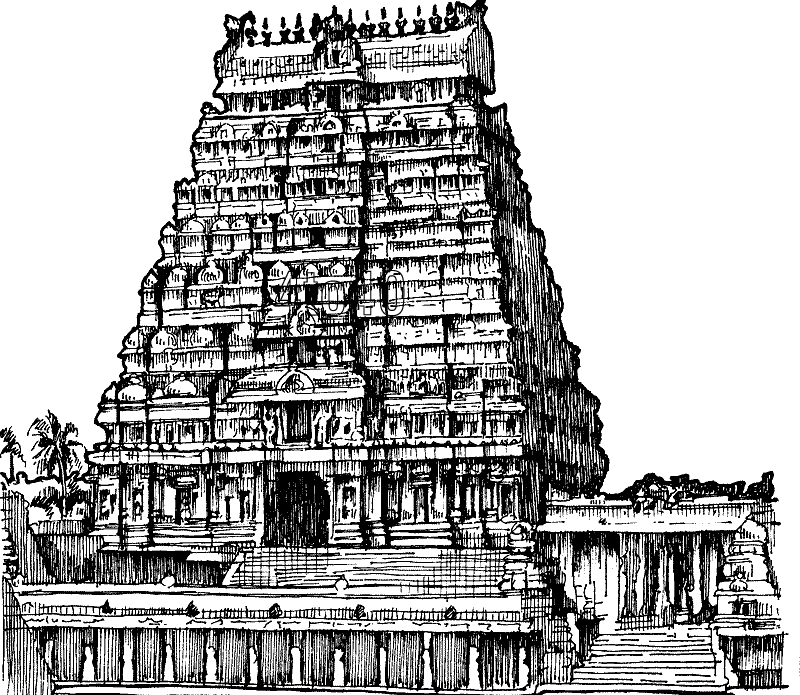LALITHA SAHASRANAMAM - Namah # 151
- S Subramaniam
- Jan 2, 2023
- 2 min read
LALITHA SAHASRANAMAM
@ S. Subramaniam

[ 45 Nitya-shudha Nitya-budha Niravadya Nirantara ]
निरन्तरा (151)
Nirantara (151)
Meaning
The roopam of Devi remains permanently one and the same.
Interpretation:
Antaram means gap or in between. Anth standalone refers to the end. Nir negates such qualities and therefore Devi is referred to as Nirantara. Nirantara stands for something that lasts forever.

Devi, being the representation of Brahman, will neither divide nor multiply, neither grow nor diminish. She is not subjected to any change. This aspect also needs to be understood while knowing the meaning of Nirantara.

Adi Shankara's Quote from Sivananda Lahari
In verse # 37 of Sivananda Lahari Adi Shankara mentions about Lord Shiva being Nirantara.
Nithyananda sudham niranthara rama sowbhagya mathanvathe. 37
He - Lord Shiva- Who for the knowledgeable is like the stable nectar of happiness, And permanent granter of all luck. Says the holy sage.
Devi, being the consort of the Lord, also gets the name Nirantara.

Nirantara in other Slokas
Various gods such as Lord Vinayaka, Subrahmanya, Maha Vishnu have been addressed as Nirantara in various hymns. Doubt might arise in the minds of readers as to who then is the ultimate Nirantara? The answer is it's the Para Brahman.
Hinduism is a very liberal religion that allows devotees to worship God in the form they wish. That's the reason for it being a poly-theism. Paths might be different but all roads lead to the same destination - the Brahman. That's the reason for Nirantara being used for various gods.
Also divinity is permanent, it's eternal. Hence Nirantara.

Author's Notes:
In addition to the explanation elucidated above, the author wishes to add that Vaag Devi-s have deliberately used the term Nirantara here and is meant for the devotees.
Human mind is a flicker. It goes on and off. It's not steady. When our prayers are answered, we feel happy. When not, we are dissatisfied. The faith in god erodes slightly. This should not be the case. The faith of the devotees in God should be steadfast. Never change with time, situation or end result of something happening. To emphasize this the term Nirantara had been applied.
Disclaimer: All matters contained in this article are the property of www.templesofasia.com. The opinions expressed in this article are purely that of the author. The author alone is responsible for the accuracy, authenticity, completeness and validity of all the information in the article.


Comments